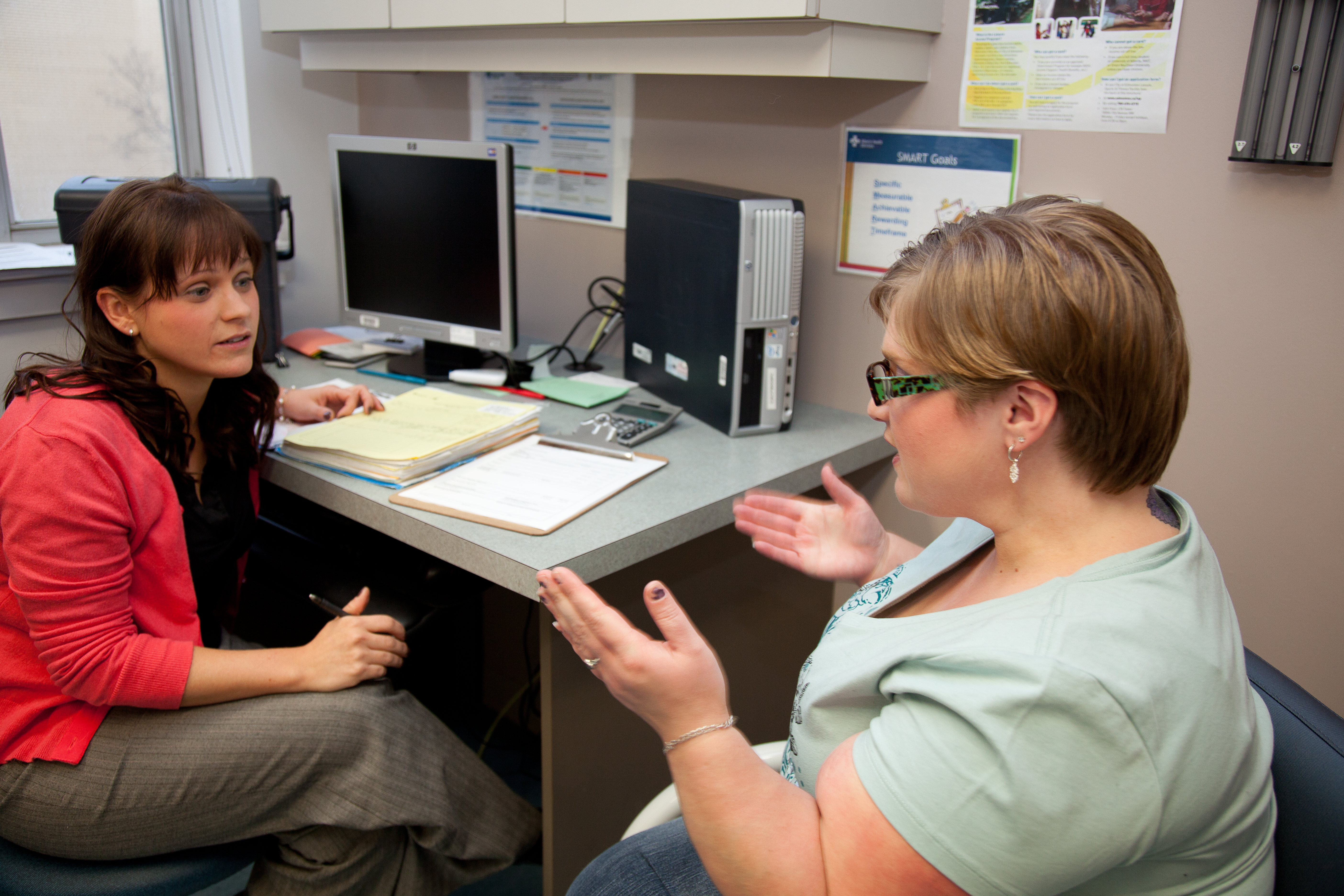Staying well while staying at home
By Dr Federica Picariello and Professor Rona Moss-Morris, King’s College London, the UK.
Within weeks around the world, daily life dramatically changed, and uncertainty seized our future in the wake of the COVID-19 pandemic. Beyond the immediate and urgent need to slow down the spread of COVID-19 through rapid and widespread behavioural change (i.e., self-isolation, social distancing, and quarantine), the impact on mental and physical wellbeing needs to be considered to allow early intervention and mitigate the longer-term consequences.












